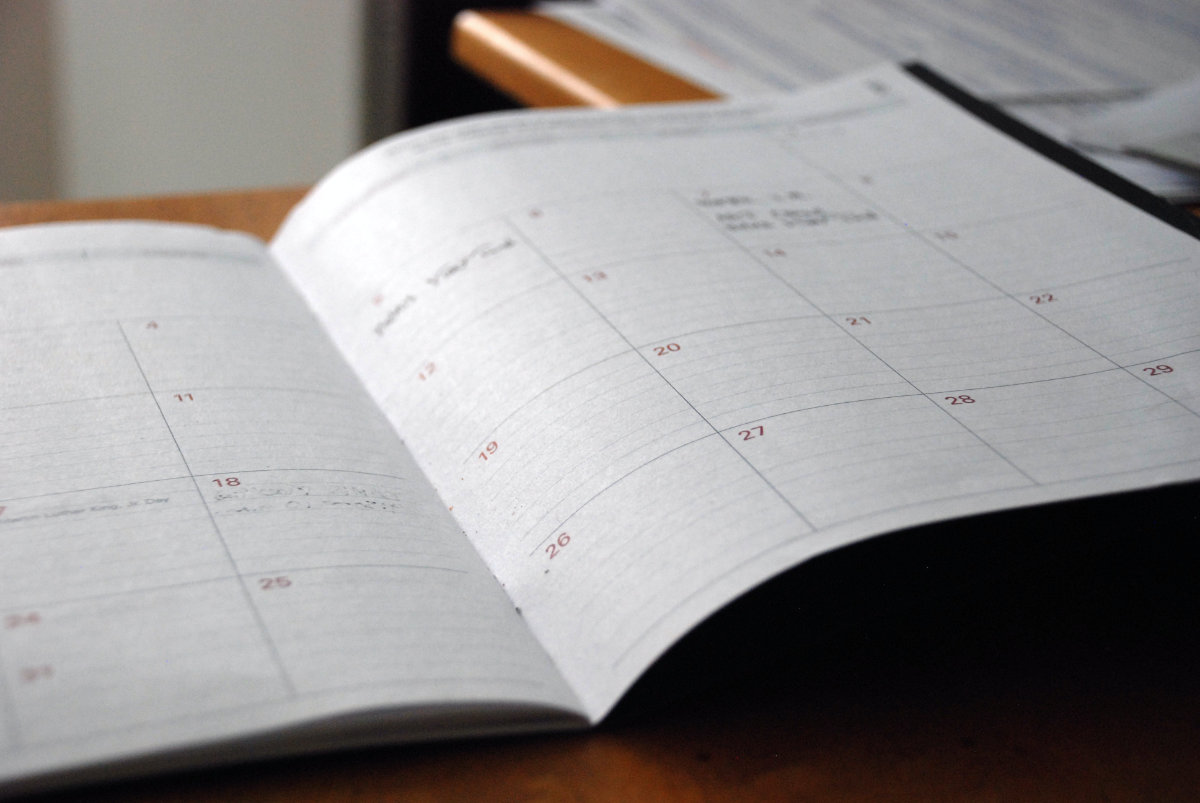
Keeping a diary
How can keeping a diary help with Tremor?
Keeping a diary can be very helpful in monitoring how Tremor affects you and how you respond to your medications. A written record can be an accurate reflection of your life with Tremor over a period of weeks, months or years and can help in highlighting:
- the pattern of symptoms you experience
- the effectiveness of the medications you take and how long they last
- any side effects of medications
- any changes in your emotions or behaviour that may be related to medications.
Writing down your own individual experiences on a day-to-day basis can also help you effectively communicate any changes to your symptoms or your feelings with your doctor. This can be very useful, particularly as appointments are often too short for doctors to ask lots of questions, and your visit may be on a day when your symptoms do not follow their general pattern. Being able to review how you have been over a period of time can help your doctor:
- understand how effective medications are for you personally
- pinpoint any particular difficulties or patterns of symptoms
- decide on any necessary adjustments in medication dosage.
Furthermore, maintaining a diary can also help you track your response to medications if any adjustments have been made, to see how effective these changes have been and to determine if further adjustments are necessary.
Of course, carers can play an important part in keeping a diary, helping to prompt you to note useful information on a regular basis. Do let your carer know you are keeping a diary - they too may wish to make contributions.
What type of diary should I keep and what information should I record?
Types of diary
You may hear the terms ‘wearing off’ and ‘motor’ diary used – both are ways of recording your symptoms and their relation to medications you take.
It may also be helpful to keep a medication record in which you record the name of each medication, the dosage, timings and also any special instructions for taking them, such as at mealtimes etc. Again, this information can be helpful for your doctor in reviewing your medication regime.
What information should I record?
Providing the information is accurately recorded, the structure your diary takes is entirely up to you – you may prefer to write information on a blank sheet of paper or on a printed template for each day, or you may wish to use a computer. The most important thing is to record information that will be helpful to your doctor, such as:
- the times of day when you take your medications
- the times of day when you have good symptom control
- which symptoms re-emerge during the day and when
- which symptoms you experience at night
- any complications you may experience, such as dyskinesia, and when they occur – particularly in relation to medication times
- what meals and snacks you eat and at what time, noting whether eating certain foods affect your symptom control – protein, for example, can interfere with the absorption of some medications
- wearing off symptoms – it may be helpful to rate each of these on a scale of one to five, according to how much they impact on your daily life. This can help when medications change or dosage is modified.
Recording additional information
Doctors may not routinely ask you about some aspects of your daily life, so you might find it helpful to record additional information that you consider useful for your doctor to know. By doing so, they can be aware of any other difficulties you personally experience. You may wish to record:
- any additional help you need in coping with daily activities as your needs evolve
- aspects of daily life you find difficult and which cause stress and anxiety, for example communication, washing, dressing, eating, general movement, socialising, or coping during the night.
We would like to acknowledge the use of information taken from the European Parkinson’s Disease Association website www.rewritetomorrow.eu.com/












